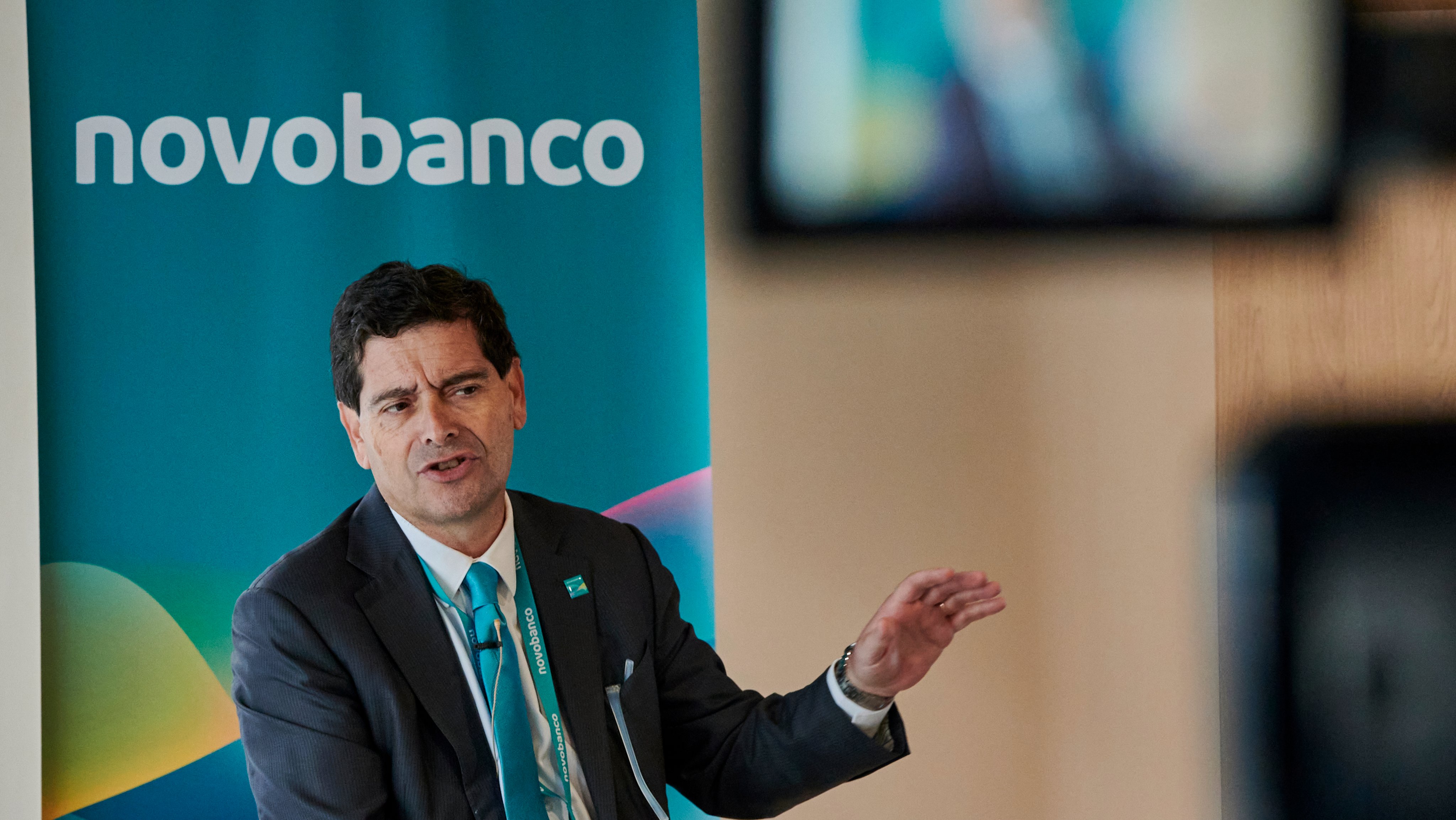Novo Banco presented results of 266.7 million euros in the first half, an increase of almost double (93.7%) compared to the same period of the previous year. The bank from whose management António Ramalho is dismissed has had positive results since the first quarter of 2021, although several injection requests to the Resolution Fund are pending. In a statement released this Monday, the bank’s executive president said:
“The results confirm Novo Banco’s momentum and cumulative business model (growth through accumulation, combined with targeted capital generation measures). Novo Banco demonstrates the creation of value for all its stakeholders with the progress made in recent years reflected in the two-tier upgrade from Moody’s. The bank is well positioned to continue growing and competing in the Portuguese market”.
Ramalho was chief executive of Novo Banco for six years, having been appointed when the bank was still under the responsibility of Banco de Portugal in 2016. The manager remained with private shareholder Lone Star, who renewed his term twice. António Ramalho faced several controversies mainly related to requests for capitalization to the Resolution Fund, after losses in protected assets. These losses were attributed to management choices that accelerated the cleanup of the balance sheet, using public funds. António Ramalho announced the decision to step down earlier this year and will be replaced by current CFO Mark Bourke.
Novo Banco has already chosen a name for António Ramalho’s replacement. Mark Bourke will take on these roles
Following the results of the second quarter, Novo Banco raised its capital ratio (CET 1) from 10.8% in March to 11.8%, but it remains below the 12% set in the Lone Star sale contract that it must reach At the end of the year.
In addition to the amounts that are still in arbitration related to the capital call made in 2021 and related to the results of 2020 —in the amount of 165 million euros—, Novo Banco requested this year 209.2 million euros, in concept of contingent capital, a request that has not been answered.
Regarding the amounts claimed in 2021, the bank highlights that the amounts “expire under the contingent capital mechanism, and the legal and contractual mechanisms within their reach are being activated to ensure their receipt.” There are still open disputes, also in arbitration, about the bank’s option to change the accounting rules, an option that ended up increasing financial requests to the Fund.
The institution attributes the positive results to a “solid performance of the business, with higher profitability despite the current macroeconomic context characterized by inflationary pressures and the consequent volatility in interest rates.”
An operating margin of 73.2 million euros also contributes to this result, which incorporates the effect of the deleveraging process of the real estate portfolio, which involved the sale of assets in the logistics area. This effect made it possible to increase banking income by 16.9%. Excluding this impact, commercial banking revenues fell 2.9% compared to the first half of last year.
Operating expenses, meanwhile, grew by 4.6 million euros, despite the decrease in personnel expenses with the departure of employees —4.9%— which “has not been enough to offset the increase in general and administrative expenses and amortization due to the continuous investment in the transformation, optimization and simplification of the organization and its processes”.
Commissions and services continue to grow, with a balance of 6.5% compared to June 2021 to 144.4 million euros. Net interest income contracted 7.3% to €268 million, reflecting the effect of the issuance of senior debt in 2021 and negative interest rates on money market investments.
The group reinforced impairments and provisions by 19.8 million euros, although the total value of this item fell by 78% compared to June 2021. The non-performing loan rate (NPL) fell to 5.4%, compared to 7 0.3% registered a year ago and 5.7% at the end of 2021. The coverage ratio of 73% is “in line with the de-risking strategy and is close to the average rate of European partners.”
Source: Observadora
